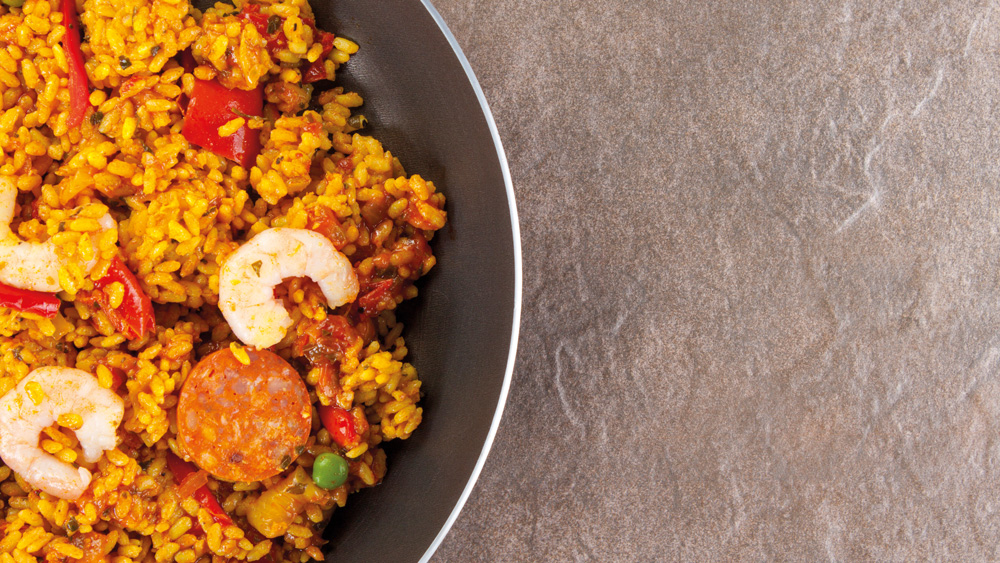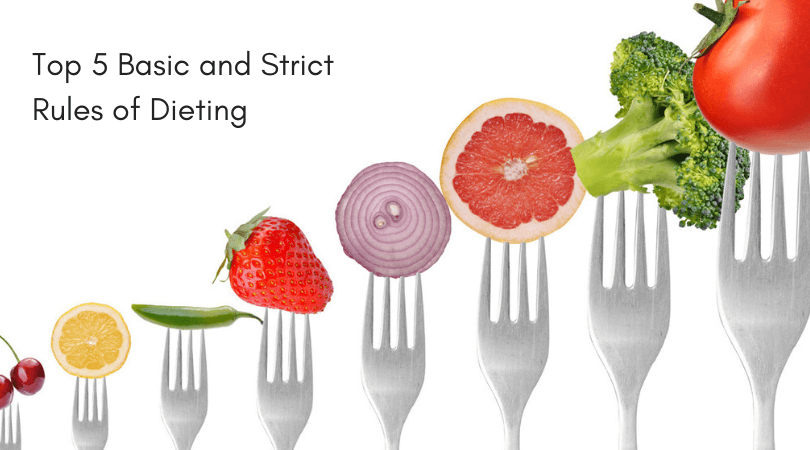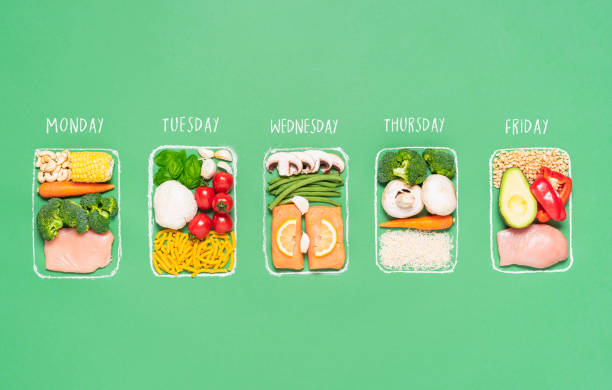8 Best and Worst Types of Alcohol for Weight Loss
The findings say that if you are on your weight loss journey and if it has been a struggle then alcohol should not be on your mind. When you consume food, your body metabolizes it, breaking it down by its nutrients and storing it or using it as energy. When you drink alcohol on an empty stomach, it absorbs more quickly into your bloodstream. This is why it’s essential to “always eat before drinking since what you eat — or don’t eat — can have a huge impact on how you feel at the end of the night or the next morning,” says Ditkoff.
- Dawe S, Loxton NJ. The role of impulsivity in the development of substance use and eating disorders.
- Weight is certainly not the only factor when it comes to health, but if you think booze may be affecting your weight, there are a few things you may want to know about alcohol intake and body composition.
- If you want to give your alcohol an oomph, try adding fruits to your bevs, says Meshulam.
- Some research has found that dry vermouth contains significantly more polyphenols than white wine.
- While the alcohol itself has calories, common mixers like juices or soda also have loads of calories as well as sugar and carbs.
- You’ll note that beer is different than wine and causes cells to swell.
Alcohol detox isn’t easy and not everyone can do it on their own. That is why alcohol detox and alcohol withdrawal treatment is administered by medical professionals. If you’re trying to lose weight, your alcohol use is important to think about. If you want to lose weight, you might need to cut out alcohol altogether to get the best results.
However, alcohol also plays a large role in weight management. Anyone looking to drop those final stubborn pounds may want to consider skipping their evening glass of wine. Learn how to balance your nutrition and include the occasional cocktail without destroying your progress using this Free Meal Prep Toolkit for Weight Loss. Complete with everything you need to crush your weight loss goals. So, how can you fight back if you’re concerned about your weight but don’t want to abstain completely? “Choose dessert or alcohol for the night, not both,” Kostro Miller says.
Excess alcohol consumption can lead to what is known as alcoholic fatty liver. There are also other elements that can cause weight gain outside of calorie content. Alcoholic drinks are often referred to as “empty” calories. This means that they provide your body with calories but contain very little nutrients.
Alcohol can become increasingly dangerous if combined with diet pills or laxatives, as the combination may cause a negative reaction or serious consequences. While greasy food can help settle the stomach a little if you’ve had one too many, you may pay for it in the morning – especially if you’ve maintained a healthy diet of whole foods for weeks or months. Your body isn’t used to that kind of food, and may reject it.
Want Help Losing Fat and Keeping It Off Forever?
You also should drink at least one big glass of water before you go out, or before you start drinking. Alcohol has a dehydrating effect, so you want to make sure you’re well hydrated before you even start drinking, then maintain your hydration level by balancing your alcohol intake with water intake. If you only drink once or twice a drink, you probably can get away with having two drinks. But more than that, and you’re at serious risk of blowing your diet. Drinking alcohol can impair the functions of the glands that release hormones and the functions of the tissues targeted by those hormones, which can result in a range of health issues.
Can I drink alcohol and still lose weight?
Yes, you can drink alcohol and lose weight.
Moderation is important, and so is knowing how to choose drinks that will have the least impact on your weight loss goals.
If you love to cook and drink at the same time, try splitting your glass of wine into 2 servings of 3 ounces each. Here, a few types of alcohol with the least calories per serving, according to the National Institutes of Health . However, drinking alcohol is extremely common in social settings and day-to-day life; many dieters may find it difficult to cut out alcohol completely. Food has a big effect on how our body handles alcohol, and it’s important to know how dieting may have an impact on alcohol consumption and vice versa.
Surprising Reasons for Weight Gain
Fitness-related hoopla aside, drinking can provide positive life benefits such as reducing stress as well as lead to more socializing and fun with friends. Far too often, we hear that something is “bad” for our fitness goals and our gut-reaction is to avoid it at all costs. Dr. Mike’s work can often be found on newsstands, leading fitness websites, and at your local bookstore. He is the author of Dr. Mike’s 7 Step Weight Loss Plan and the upcoming 6 Pillars of Nutrition.
What alcohol is best to drink on a diet?
Vodka: One shot contains 97 calories (0 gram carbs, 0 gram sugar) Rum: One shot contains 97 calories (0 gram carbs, 0 gram sugar) Whiskey, bourbon, and scotch: One shot contains 105 calories (0.03 grams of carbs per ounce, 0.03 grams of sugar per ounce) Gin: One shot contains 110 calories (0 gram carbs, 0 gram sugar)
When making mixed drinks at home, avoid bottled, pre-made mixers, which typically are high in calories and sugar (although there are some “diet” versions available). If beer and wine don’t get your taste buds going, spirits mixed with water or soda water can also be a lower-calorie option, like vodka and soda, which has about 100 calories per standard 7.5-ounce glass. In general, drinks made with alcohol are high in calories. “Protein and carbohydrates have 4 calories per gram, fat has 9 but alcohol has 7,” Ginger Hultin MS, RDN, owner of ChampagneNutrition, told Health. “When you look at mixers like juices, soda, syrups, cream, whipped cream, or coconut milk, the calories in an alcoholic beverage can be really high.”
You may be eating a generally healthy diet, but if you’re not seeing results, it may because of your alcohol intake. If your ultimate goal is to lose weight, it’s essential to ensure that your decision to reduce alcohol intake doesn’t result in substituting one unhealthy habit with another. What you choose to eat and drink during your weight loss journey should be full of mindful choices that help you feel satisfied and balanced, not just a process of elimination or restriction.
Part of an effective weight loss plan is choosing foods that keep you feeling full and satisfied. Alcohol provides calories without any nutrients and does not contribute to feelings of fullness. When this break in the metabolic process happens, the metabolism slows. Over time, with repeated alcohol intake, the metabolism slows more and can lead to weight gain. Another study found that research subjects ate about 11% more after an alcoholic drink than those who did not consume alcohol.
If you drink a wheat beer, you’re essentially drinking fermented liquid bread. You typically can have a glass or two of dry red wine on a regular basis on even the strictest low-carb diet. Apart from typically having more calories and sugar, the alcohol in bubbly drinks is absorbed faster than in drinks without carbonation. Spirits also have higher alcohol content per volume than beer or wine, which means that you’ll drink far fewer calories. Health’s content is for informational and educational purposes only. Our website is not intended to be a substitute for professional medical advice, diagnosis, or treatment.
Alcohol Is High in Calories
And yes, you can actually drink alcohol without gaining weight. There are many strategies to choose from when building your weight loss journey and remember that one size does not fit all. Choose from a variety of healthy habits to develop your routine. A single 12-ounce can of soda, for example, can have anywhere from 150 to 180 calories. Moderate drinking is defined as one drink or less per day for women and two drinks or less per day for men. Like cutting back on food splurges , planning to have a low number of low calorie drinks, and getting more comfortable saying “no” and being the only one not drinking.




